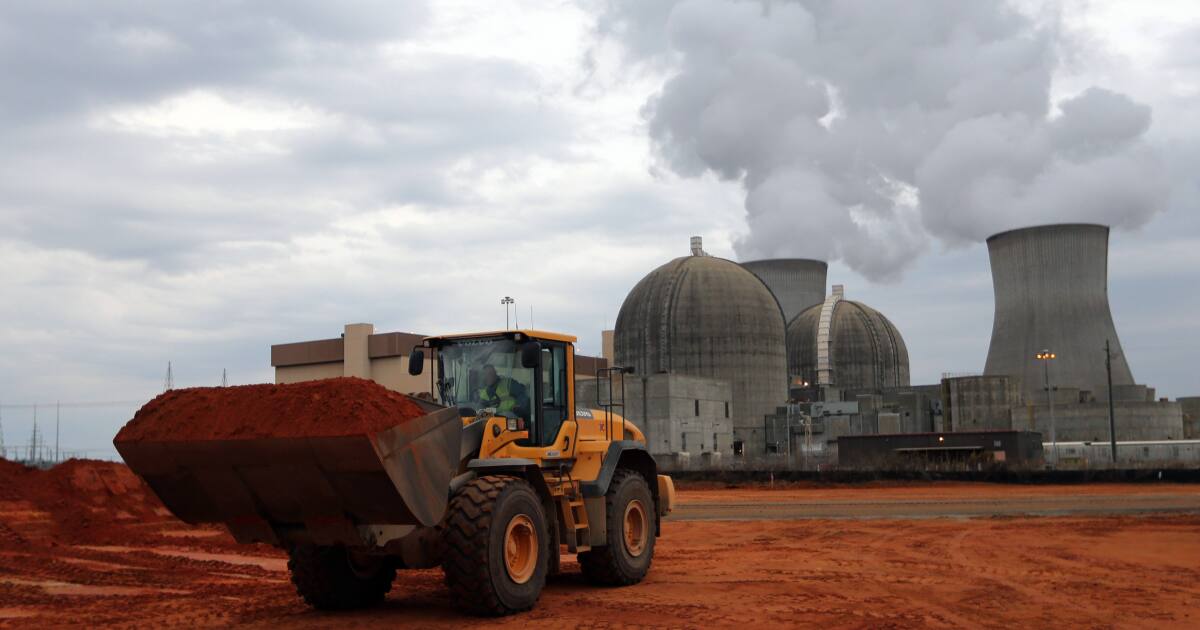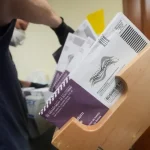

An announcement that the Department of Health and Human Services spent $290 million on a drug used to treat radiation sickness earlier this month raised eyebrows amid an uptick in nuclear threats from Russian President Vladimir Putin, though the department has been investing for years in medical countermeasures in event of a nuclear emergency.
The latest purchase, Nplate, manufactured by U.S. drugmaker Amgen, is one of four drugs approved to treat radiation sickness that the Administration for Strategic Preparedness and Response has invested in, both by supporting the drug’s development in preclinical research and by acquiring quantities to store since 2015.
THE FIVE STATES THAT WILL HAVE ABORTION MEASURES ON THE BALLOT IN NOVEMBER
A spokesperson for the HHS said that the purchase of Nplate, which treats potentially life-threatening blood clotting from radiation exposure, was a part of these “long-standing, ongoing efforts” to stockpile medical countermeasures to prepare for the event of a radiological, nuclear, or other emergency, such as the explosion of a nuclear weapon or an occupational accident involving radiation. The spokesperson declined to say if the purchase agreement for Nplate was made prior to recent events.
ASPR’s Biological Advanced Research and Development Authority has been involved in the development of Nplate since 2019 before it received approval from the FDA in 2021. The National Institutes of Health was also involved in its development before 2019, marking the government’s long-standing stake in the drug.
The money used to purchase quantities of Nplate for the government’s stockpile was provided under Project BioShield, a program that was signed into law under President George W. Bush in 2004 three years after 9/11 to support efforts to defend the U.S. from the threat of weapons of mass destruction.
The agency has also helped fund the development, licensing, and later, purchase of three other drugs to treat radiation sickness, including Neupogen and Neulasta, which were both licensed in 2015 and are a part of the government’s efforts to prepare in case of future public health threats.
The purchase of Nplate is one of many drugs that the U.S. government has bought to stockpile in case of a variety of naturally occurring and intentionally engineered threats, including chemical accidents or nuclear attacks. In total, the government invested $900 million in the fiscal year 2021 in chemical, biological, radiological, and nuclear medical countermeasures.
Some of the agency’s investments have paid off previously, as the U.S. already had purchased limited quantities of the JYNNEOS vaccine, which is used to prevent monkeypox, prior to the outbreak, making them available for administering quicker. It also supports the development of vaccines and treatments for emerging infectious diseases, such as COVID-19.
CLICK HERE TO READ MORE FROM THE WASHINGTON EXAMINER
Chris Meekins, former deputy assistant secretary for preparedness and response at HHS, told NBC that the purchase of Nplate would likely equal 50,000 courses of the drug, which would not be enough if the U.S. thought it was preparing for a nuclear war.






